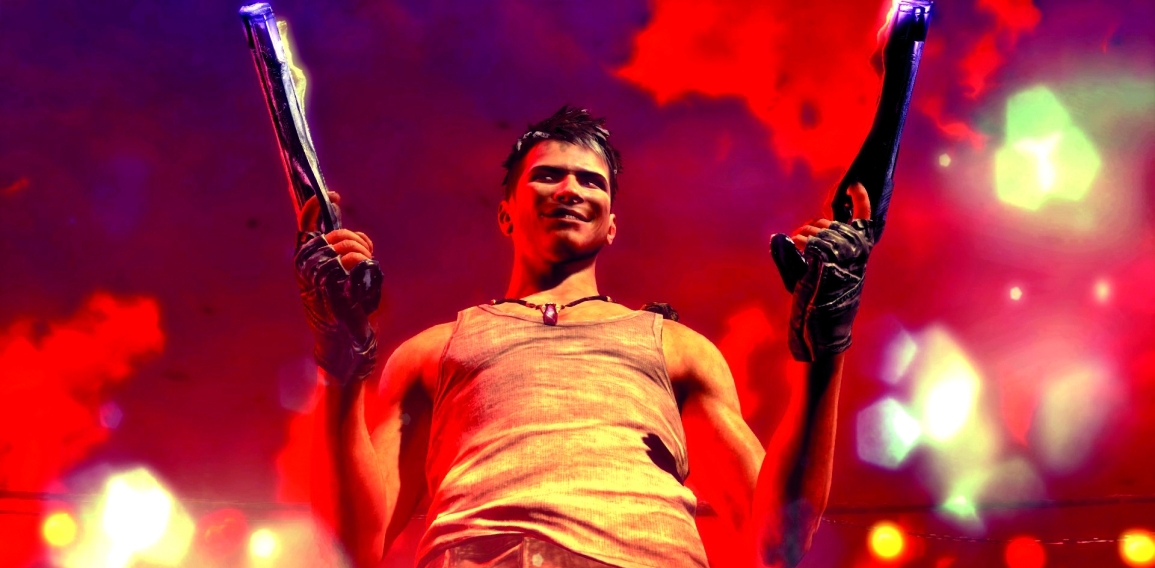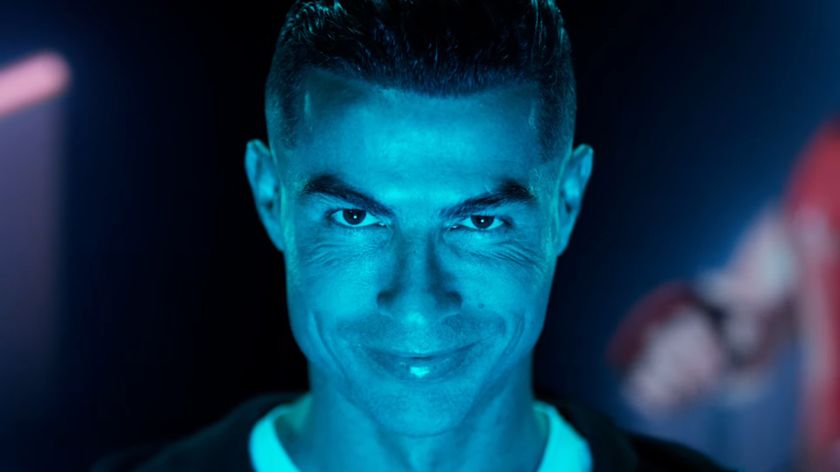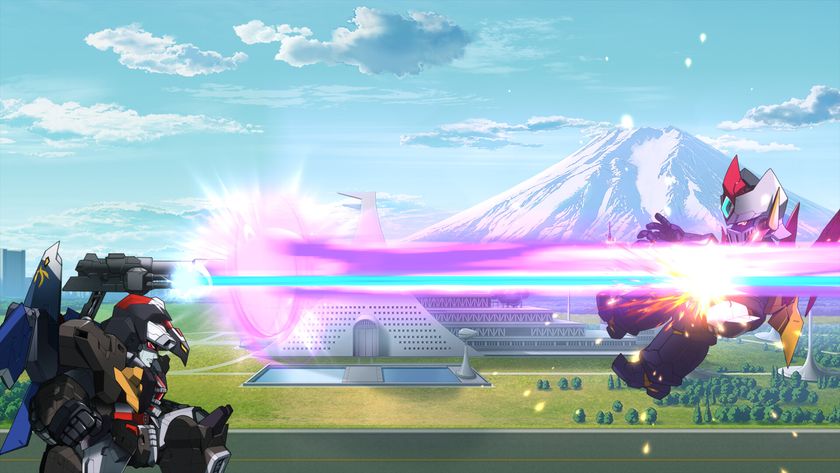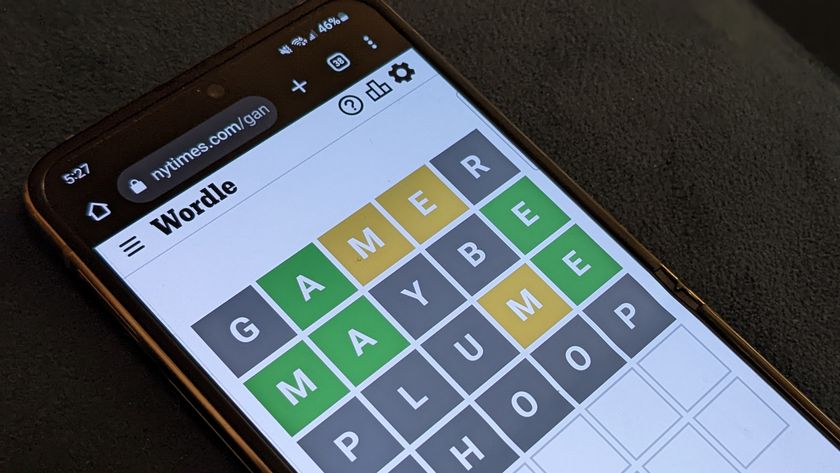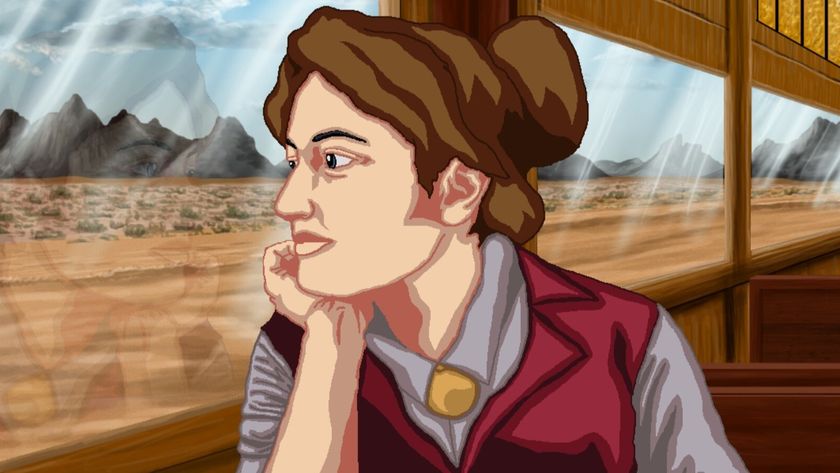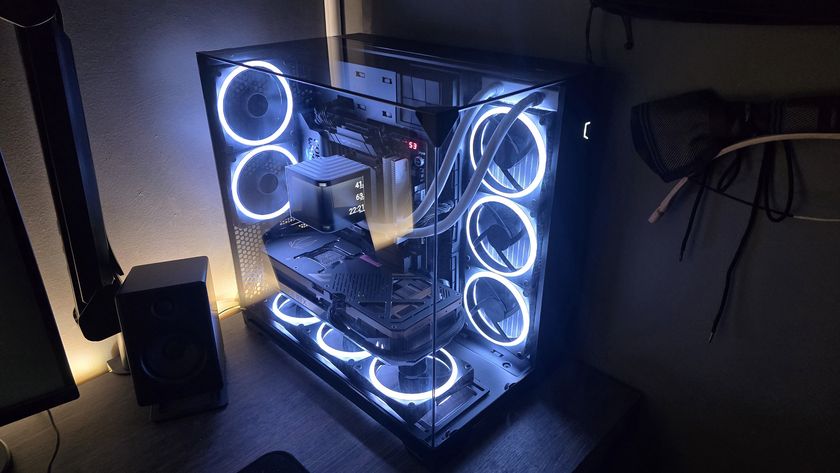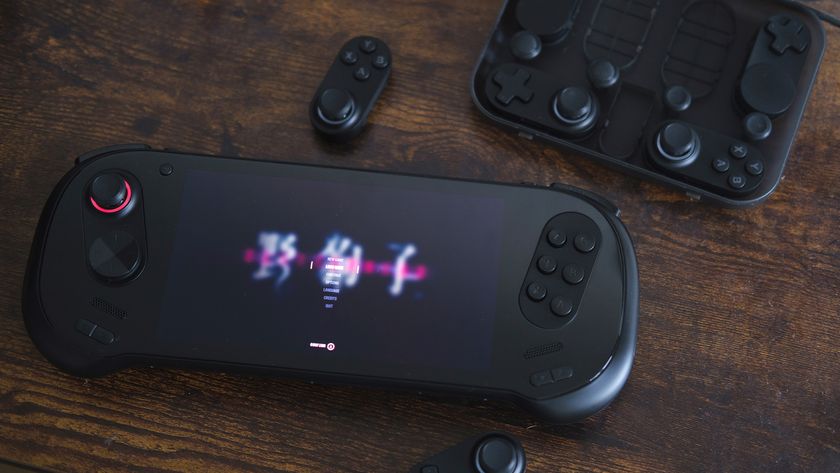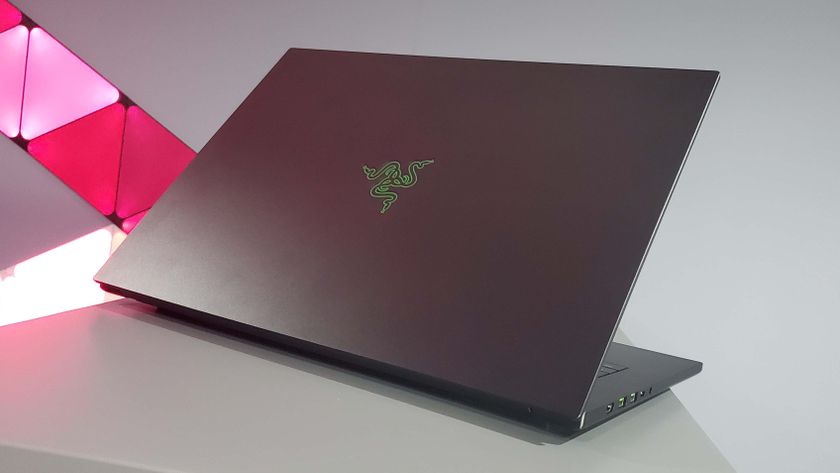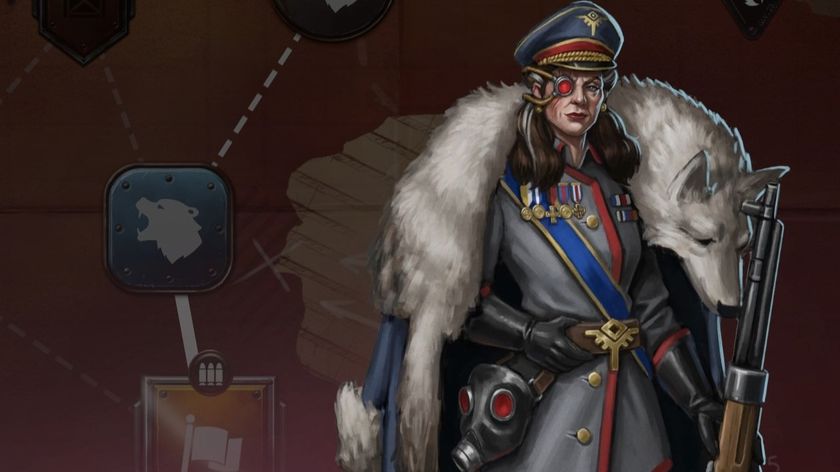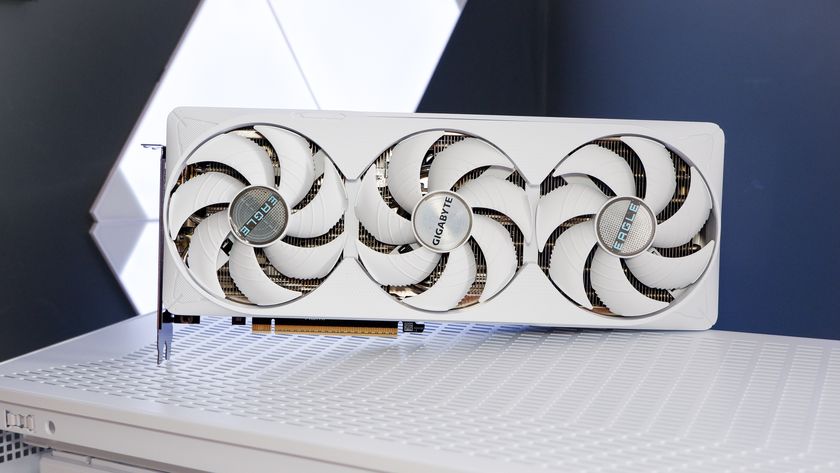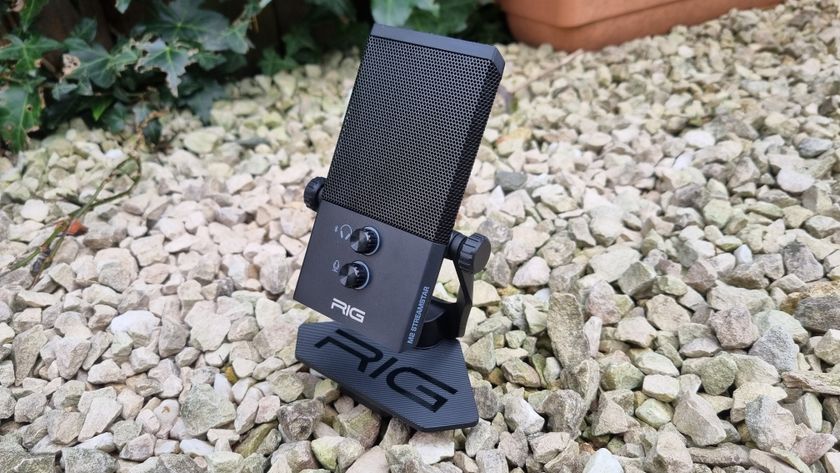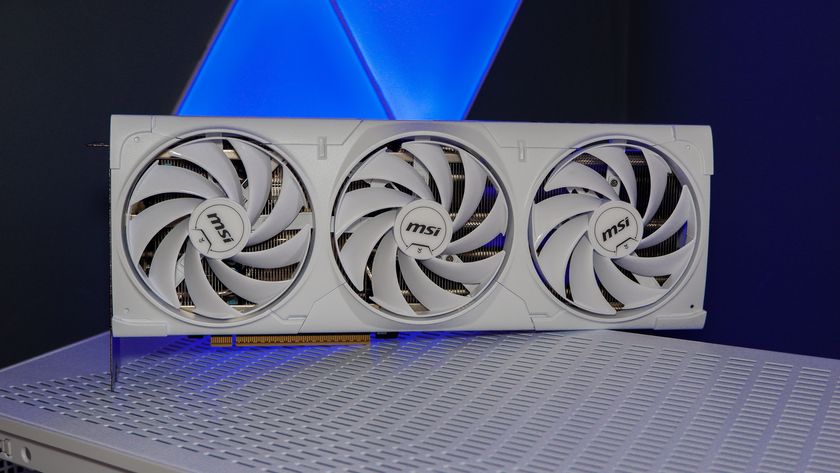Our Verdict
Whatever your thoughts on the redesigned Dante, this is a worthy entry in the series with a marvellous combat system at its core.
PC Gamer's got your back
This was supposed to be terrible. One of Capcom Japan's most revered third-person action game series handed off to Ninja Theory, the Cambridge studio behind PS3 stinker Heavenly Sword. Dante's white-haired anime cool was ditched, the new model all surly and (gasp!) Western-looking. It was bound to be a stinker, this most hardcore of hack-and-slashers in this most Japanese of genres, passed to a UK studio with an average track record, focus-tested on idiots and dumbed down beyond recognition. An insult to a beloved series. DmC: Devil May Cry, however, is great.
Admittedly, if you're one of the vocal few who took to the internet all foam-gobbed to make clear your displeasure at every new screenshot and trailer reveal, you'll find plenty here to back up your argument. While the premise is the same as ever – Dante clears screen after screen of gnarly-looking demons with balletic, stylised combo attacks, before facing down super-sized ultra-monsters – this is, on default difficulty, an easier game than its predecessors. But there are seven difficulty levels in all, and from the fourth onwards things get insane.
DmC also properly, patiently explains its systems and mechanics, but not in an overly hand-holdy way. It just wants to make sure you know what you're doing.
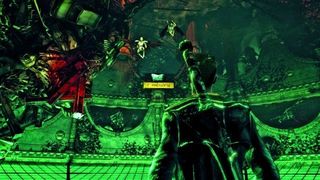
It even has a decent story, although it's a little hamfisted at times. With this being a reboot it's only fitting that it tells Dante's origin story, as he battles with his long-lost brother Vergil to save humanity from Mundus, king of the demon world and antagonist in the first Devil May Cry. Here he's doing his demonic thing from his desk at the head of the Silver Sacks investment bank, seeking to control the world through debt. Subtle stuff, eh? It's told, of course, with tongue very much in cheek, in keeping with the series' schlocky, B movie feel.
As with its forebears, DmC's story is mere set dressing, the backdrop to the real star of the show: the combat. This isn't a game of winning alone, but of doing so with panache, of mixing up your use of the numerous tools at your disposal to maximise your style rating in pursuit of a coveted SSS rank. That's more straightforward here by simple virtue of there being more toys than before. In addition to his trusty sword and pistols, Dante now has angelic and demonic weapons. Angelic strikes are fast and good for managing multiple foes; demonic attacks are slower but tougher, and able to break through enemy shields. By the end of the game you'll have two of each type of weapon, and can switch between them at the tap of a button.

These twin powers are also used to pull enemies and objects towards you (demonic pull) or you towards them (angelic lift), good for extending combos, escaping danger, and as Dante's principal means of traversal. These platforming sections are the game at its worst, with little in the way of challenge, a simple matter of looking around for a blue (angelic) or red (demonic) glow and pressing a couple of buttons.
The real thrill is in the combat which, while lacking the obtuse complexity of Devil May Cry 3's four switchable fighting styles, offers a smart combination of all of them at once. This Dante is more powerful than ever, with more tools than ever too: all those weapons plus pulls, lifts, dodges, counters and the all-conquering Devil Trigger mode.
Dumbed down? Not a bit of it. DmC is every bit as good as the games that preceded it and, in some ways, better than ever.
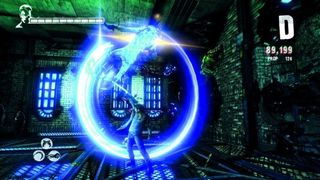
Expect to pay: £30
Release: Out now
Developer: Ninja Theory
Publisher: Capcom
Multiplayer: None
Link: www.devilmaycry.com
Whatever your thoughts on the redesigned Dante, this is a worthy entry in the series with a marvellous combat system at its core.
